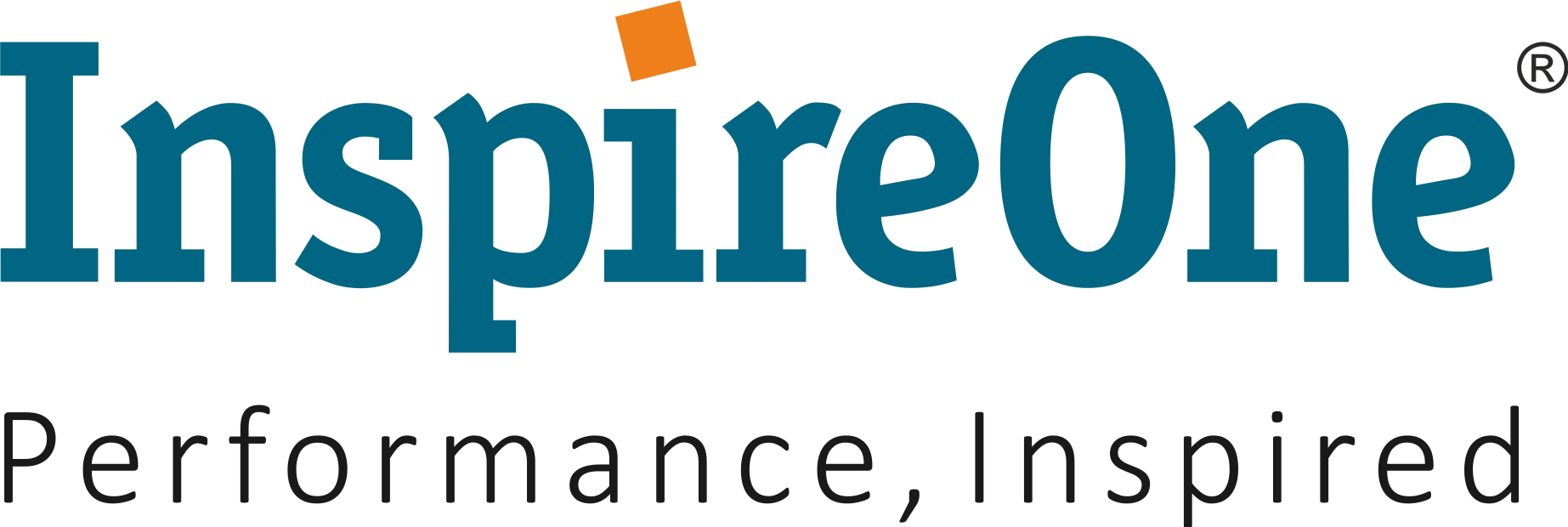Mid-level managers are the lynchpins for organizations. They play a vital role in executing the strategy of an organization. They must translate the business strategy into operational plans and energize the front line of the organization to “make it happen”. If they are not equipped to “make it happen”, the best of strategies can come to naught.
Understanding the widened horizon of their roles is at the core for their readiness to deliver on their onerous roles. Their roles comprise enabling team performance, transitioning operational deliverables to their next line, effectively influencing their peers and collaborating across functions to ensure a” joined-up” successful strategy execution. They need to inspire their teams and create a high-performance culture.
It is critical for organizations to “strengthen” this vital link, as not doing so can translate into significant loss of momentum, organization energy and have a domino impact on the business results.
A global survey by future forum of over 3,000 remote workers found that middle managers (defined as those managing 1-6 people) are 46% less satisfied with their jobs than senior executives. The prime reason being not being able to impact the results expected from them or not feeling ready for their roles,
Key challenges being faced by Middle Managers:
- Conventional 9 to 5 model has become obsolete
- Virtual office has replaced physical office for many industries
- Building shared purpose with teams has become tougher
- Retaining team members has become even more critical
- Influencing as a skill has become more important than ever
The asks from the Mid-Level Managers and the challengesthey encounter necessitate that organizations need to be more intentional in helping their Middle Managers to navigate four shifts:
Shift One: Thinking Behaviours
As Middle Managers continue to operate in a dynamic changing world, they need to start focusing on longer term thinking, agile responses. Managers reach the mid-level on account of proven functional expertise, which means that their functional and execution abilities are at high proficiency levels. But the desirables at the mid-level need them to build their strategic thinking capabilities, agile and creative problem solving with sustainable solutions, holistic decisions and enabling resources.
Therefore, Middle Managers need to make the key shift from being an “Operational Problem Solver” to an “Agenda Setter”
| From: Operational Problem Solver | To: Agenda Setter |
| – Solving daily problems – Day today operational thinking | – Developing a strategic perspective on their unit’s strategy and how that fits with the overall organization strategy – Navigating complexity through effective decision making. – Enable improved and effective processes in response to the dynamic environment. |
Shift Two: Developing Cluster
Middle Managers must focus on developing individuals and teams in their unit. It is imperative that they play the multiplier role rather than the aggregator role. Building a high performing team and engaging them is the key ask from them. As organisation builders they need to develop the next line.
| From: Managing Individuals | To: Managing Teams |
| – Individual performance management – Individual coaching and motivation | – Effectively handling a larger team – Aligning the team to common purpose and goals – Shaping the team culture – Building team capabilities – Engaging and retaining talent |
Shift Three: Inspiring Cluster
Middle Managers play the role of “connectors”. They not only connect their team to the organization strategy but also are supposed to be connectors across functions. To effectively enable this, high performing Middle Managers must transition from inspiring direct reports to cultivating end to end partnerships across internal and external stakeholders.
| From: Inspiring Direct Reports | To: Cultivating Partnerships |
| – Influencing individual team members – Communicating effectively | – Effectivelyleading across boundaries. – Influencing and collaborating with multiple stakeholders. |
Shift Four: Achieving Cluster
Middle Managers play a critical role in helping the organization to achieve results. However, high performing Middle Managers realize that they just don’t need to drive incremental performance but look at ways to drive a step change in performance.
| From: Driving incremental performance | To: Driving Step Change performance |
| – Effective goal setting – Driving KPI’s | – Driving high performance in a changing world – Creating organization alignment – Ensuring effective strategic execution. – Creating processes for continuous improvement. – Robust data driven and action oriented reviews.
|
Organisations therefore have the onus of:
- Making “what good looks like”, very clear to their Mid-Level managers. What is the ask from them and what are they expected to deliver.
- Create intentional development plans and interventions that enable the managers to make the four fundamental shifts.
Our experience of partnering withleading organizations globally and acrossindustries to develop their Mid-level managers, has enabled solutions with global best practices and a high degree of organisational contextualisation.InspireOne offers several development solutions for Mid-Level Managers with proven success. Visit our website to know more.







